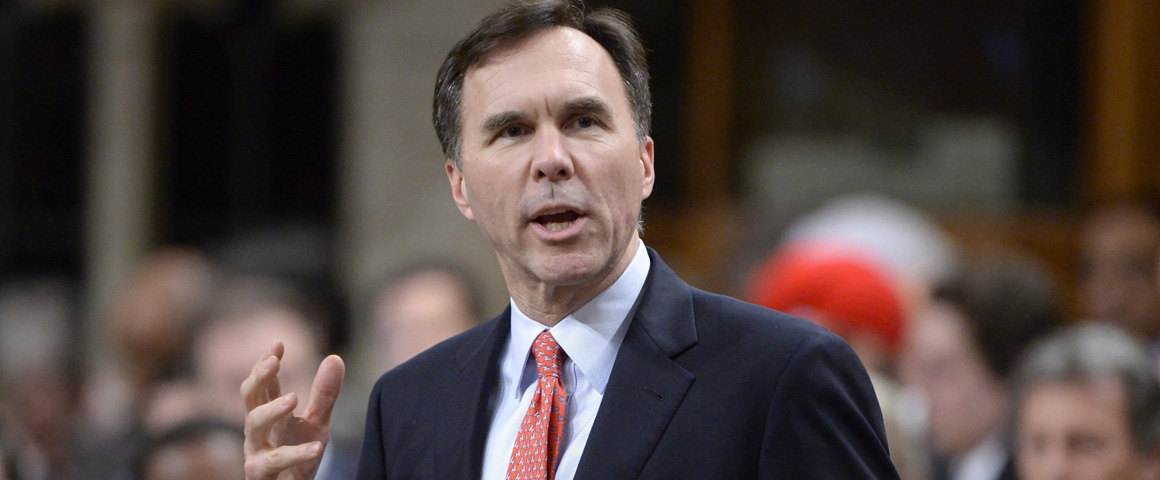By Liz Rowley, leader of the Communist Party of Canada
A campaign by business interests aiming to derail the federal government’s effort to close tax loopholes benefitting the top 5% of incorporated small businesses, has gone largely unchallenged by the media, confused the public, and pressured Finance Minister Bill Morneau to backtrack on his very modest tax reform proposals.
At the centre of the opposition are the Canadian Federation of Independent Business (CFIB), and the very powerful Canadian Medical Association (CMA), representing doctors whose lucrative private practices are incorporated to cut their taxes. These are not small family farmers, or the Mom and Pop corner store owners or “start ups”, the vast majority of whom earn less than $73,000 annually. They are the surgeons and specialists whose average incomes are $461,000 a year; the 84,000 doctors providing medical services who are doing extremely well at public expense, collectively billing the government an average of $339,000 a year, or $25.7 billion. In fact only those making over $168,000 a year would see any difference in their tax bills.
What does it cost? About $3.6 billion in foregone government revenue that could be used to help fund Medicare, post-secondary education, a universal public childcare system, affordable social housing. The list is long – and urgent.
Not all doctors have drunk the cool-aid of medicine-as-business. Over 500 doctors and medical students oppose the CMA’s campaign and support closure of the tax loopholes. This group should receive a lot more public attention in the media; because (unlike the CMA and CFIB) their position represents the public interest.
In fact the government’s tax reform proposals are very modest and inadequate. The already skewed tax system increasingly benefits the corporations and the 1%, while starving the federal treasury of the funds needed to provide public services and to invest in jobs, the environment, and the economy.
Real tax reform would be based on ability to pay, putting the burden on the corporations and the wealthy, starting with doubling the corporate income tax rate, and introducing wealth and inheritance taxes on estates over $1 million. It would restore the capital tax, and tax capital gains at 100% of the gain (realized and unrealized). It would close all corporate loopholes, and collect unpaid and deferred corporate taxes at every level of government. It would also eliminate the regressive HST, eliminate income tax on incomes under $40,000, and restore multiple tax brackets, restoring progressivity to the tax system.
Real tax reform would also solve the problem of diminishing revenues, more than providing for the public good, for services, jobs, and investment.
The Liberals’ biggest problem is in Washington. The Trump administration is in the process of slashing the U.S. corporate tax rate from 35% to 20% – or lower – and eliminating the Dodd Frank legislation, de-regulating banking and financial institutions, and impacting global banking and financial institutions. Trump has also increased the military budget to an astronomical $700 billion, slashing social spending and expanding austerity, while demanding that Canada follow suit. Trump has also demanded Canada completely subsume itself to the US in a renegotiated NAFTA agreement, that would dissolve what remains of Canada’s sovereignty and independence.
The Liberals could say no to the US administration, and the corporations big and small, inside and outside Canada that are trying to enforce this reactionary and dangerous corporate agenda. But they won’t do it without a massive public outcry and demand for a new direction and new policies – something that has been missing in Parliament for some time.
The labour and people’s movements have their work cut out. A broad-based opposition united in support of policies and a program for a people’s recovery can stop the drive to the right in Canada, and set the stage to elect a new majority in Parliament committed to peace, jobs, sovereignty and democracy in 2019.
The alternative is to continue further down the road of war and reaction, loss of sovereignty and democracy, mass unemployment, and mass impoverishment.
In fact, it’s no choice at all.




